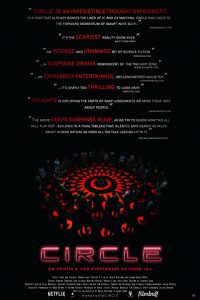 Outside of it showing up on one of the random tabs of movies that Netflix wants me to endlessly scroll through, I have never heard of Circle. And yet, whatever the description said and / or the Netflixised movie poster looked like was sufficient for me to add it to my queue. And now, an unknown number of years later, here we are.
Outside of it showing up on one of the random tabs of movies that Netflix wants me to endlessly scroll through, I have never heard of Circle. And yet, whatever the description said and / or the Netflixised movie poster looked like was sufficient for me to add it to my queue. And now, an unknown number of years later, here we are.
So, as to what it actually is? It’s a weird amalgam of 12 Angry Men[1] and Survivor[2], with lightning bolts. See, there are dozens of people who wake up standing on white circles in a black room, and also they themselves are arranged in a circle[3]. And then they start dying. And then they start realizing why they are dying, and start bargaining to live longer.
The movie proceeds in real time, and could have been a play or a single take, except for all the special effects involved making that seem like sheer misery for everyone involved. It has no payoff as to what is going on or why or what happens next, but if you are in it simply for the human drama of seeing who will do or say what, a microcosm of people trapped under glass like ants, going about their lives (if their lives were spent weighing morality versus survival), then it works pretty well!
I both liked it and would not especially recommend it. I semi-wonder if watching a second time knowing the outcomes would make me walk away with a different take, but that’s not going to happen.
[1] the 1957 movie, or take your pick as to a newer version or stage version instead.
[2] the reality show
[3] Imaginative Titles R Us
 When I read the description of
When I read the description of 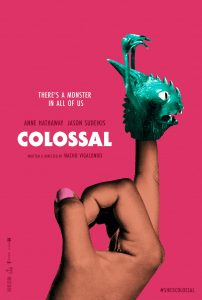
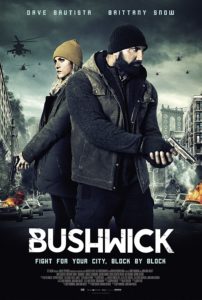 I’ve been to New York City once, in the late ’90s before things got “cleaned up”, whatever that means. So I saw Central Park when it was scary, and based on the looks I got in my giant cloak, apparently I was the scary person in the park. Which is okay. And I saw all the peepshow spots on what I have to assume some 20 years later was 42nd Street. The posters in the windows say “a quarter”, but you cannot get into those places for a quarter. Which is false advertising, but “cleaning them up” for false advertising seems a little harsh. About the only other thing I did was, because I was young and foolish, go to the Hard Rock Café. I’m cooler now than I was then, in most ways.
I’ve been to New York City once, in the late ’90s before things got “cleaned up”, whatever that means. So I saw Central Park when it was scary, and based on the looks I got in my giant cloak, apparently I was the scary person in the park. Which is okay. And I saw all the peepshow spots on what I have to assume some 20 years later was 42nd Street. The posters in the windows say “a quarter”, but you cannot get into those places for a quarter. Which is false advertising, but “cleaning them up” for false advertising seems a little harsh. About the only other thing I did was, because I was young and foolish, go to the Hard Rock Café. I’m cooler now than I was then, in most ways.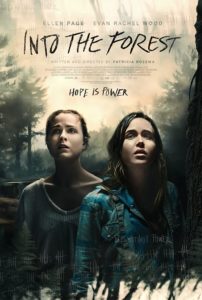 Into the Forest
Into the Forest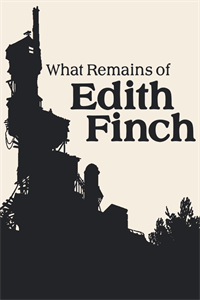 I played another entire game over the past few days. This is so so weird. (Which I say every time I finish a game, I know. But it is! Especially relative to how long it’s been since I finished a book[1].)
I played another entire game over the past few days. This is so so weird. (Which I say every time I finish a game, I know. But it is! Especially relative to how long it’s been since I finished a book[1].)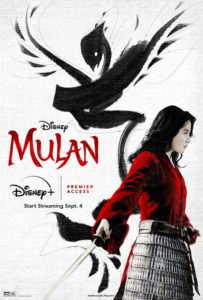 I am growing ever more cynical, a fact of which I am not fond. Especially in a world where I have offspring. (Which this one seems to be.)
I am growing ever more cynical, a fact of which I am not fond. Especially in a world where I have offspring. (Which this one seems to be.)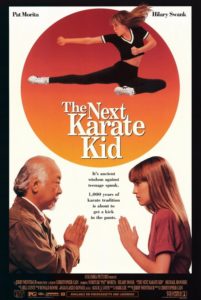 Cobra Kai arrived on Netflix a few weeks ago, and now that I’m back at work (a future month of paternity leave yet remains to me, which I will use later, hooray) I have a lot more time to watch TV[1]. Which means I watched all four of the Pat Morita Karate Kid movies this week, three of which I had previously seen. (And all three of which I would recommend refamiliarizing with prior to Cobra Kai, which I also recommend. It pays off, is all I’m saying.)
Cobra Kai arrived on Netflix a few weeks ago, and now that I’m back at work (a future month of paternity leave yet remains to me, which I will use later, hooray) I have a lot more time to watch TV[1]. Which means I watched all four of the Pat Morita Karate Kid movies this week, three of which I had previously seen. (And all three of which I would recommend refamiliarizing with prior to Cobra Kai, which I also recommend. It pays off, is all I’m saying.)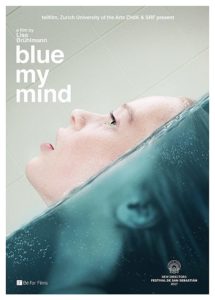 Another week or so, another movie or so.
Another week or so, another movie or so.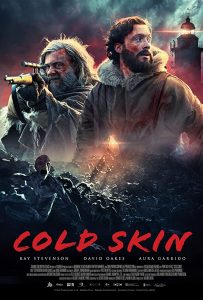 Remember that weird-looking (or perhaps I mean surreal-looking) movie about the people in a lighthouse dealing with mermaids? So, I never saw the one you’re thinking of, but I did see
Remember that weird-looking (or perhaps I mean surreal-looking) movie about the people in a lighthouse dealing with mermaids? So, I never saw the one you’re thinking of, but I did see